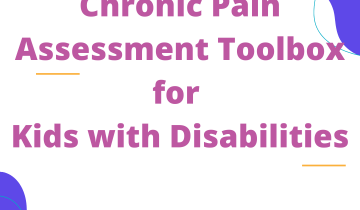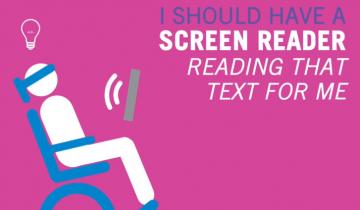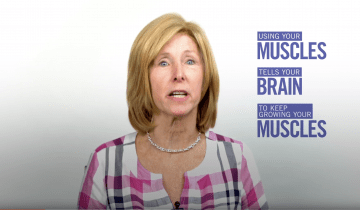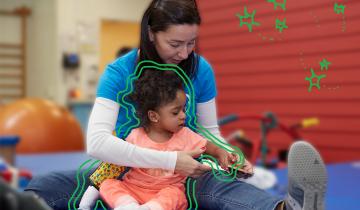Our research shows that higher Bone Mineral Density (BMD) was associated with a greater risk of fracture, which is opposite of what we would expect. When we picked apart the BMD ratio we found that bone size had the strongest association with fracture risk, such that smaller bones had a greater risk.
Adults with Cerebral Palsy have unique care needs related to physiological changes that occurred with growth and development with Cerebral Palsy, including mental health, yet experience many barriers to proper care.
A lot of people with cerebral palsy will experience pain over the course of their life. Through better assessment we can provide better interventions, which will lead to a better quality of life.

As a mother and a pediatrician, I’ve both felt the strain of pandemic parenting directly and indirectly. I’ve made decisions about my own family and sending our kids to daycare and school, and I’ve stayed up worrying about how parents are supposed to make these difficult choices with so little support.

In order to get a good education, children need to access the curriculum. That's at the heart of their education. Some of the key challenges of getting students both their education and access to their voice in the class is simply understanding. Preparation for the student with disabilities is key. We have to foster success. We have to build a sense of success in the beginning. That starts with understanding the abilities of that student.

Cerebral palsy is an injury to the brain, but what we find is that it has a lot of effects on how you use your muscles.

For people with a physical disability, activity is a lifestyle. It's something that can start in physical therapy, but it really is something that has to be carried over into their everyday lives. What has happened over the years is we're understanding the importance of mobility.

Early interventions for CP should be based on the strongest possible scientific evidence for benefit and should have the smallest possible risk of harm. In the US, early intervention (EI) is a system of services available under the age of 3, to support infants and toddlers with developmental problems and their families as they interact with and care for their child.

